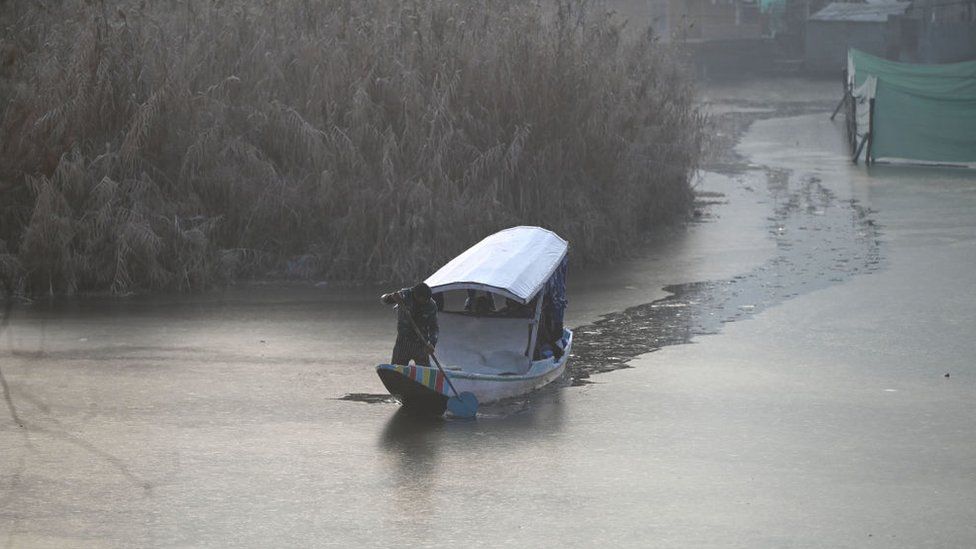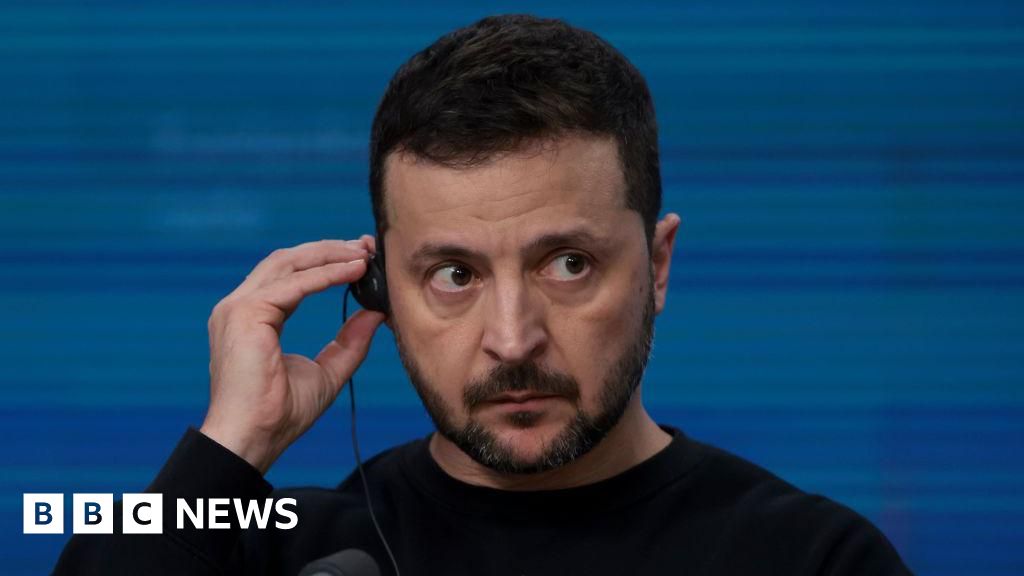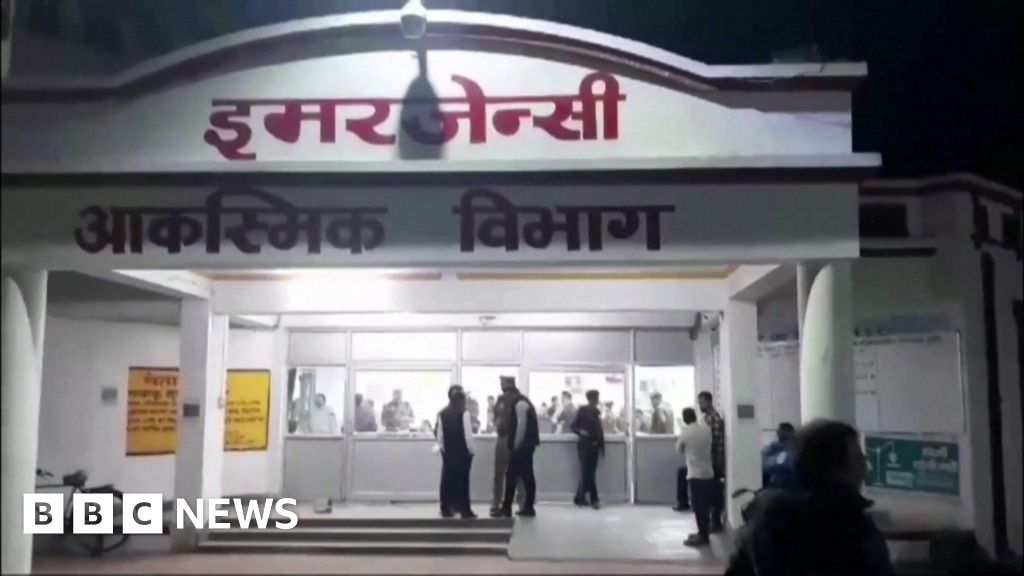ARTICLE AD BOX
 Image source, Getty Images
Image source, Getty Images
A severe cold wave has gripped many parts of northern India, with temperatures plummeting to -6C (21F) in Indian-administered Kashmir. The famous Dal Lake, as seen in the picture above, has partially frozen, making it hard for boatmen to ferry passengers and tourists.
Image source, Getty Images
Water pipelines have frozen in some parts of Kashmir, road transport has been severely affected and supply chains have been disrupted, making it hard for local communities to meet their daily needs.
Image source, Getty Images
India's capital Delhi has also been reeling under a severe cold wave. Some areas of Delhi have recorded temperatures as low as 2.2C. The cold snap has been particularly hard for Delhi's homeless people who mostly sleep on pavements.
Image source, Getty Images
Dropping temperatures and dense fog have also disrupted train schedules. India Railways carries some 23 million passengers daily and it's considered the backbone of the country's transport system. Several trains have been running late - sometimes by six to 10 hours - in northern India, throwing people's travel plans into chaos.
Image source, Getty Images
The cold wave has also been causing serious health issues, especially in Delhi which also sees severe pollution levels during winter months.
Image source, Getty Images
The north-western state of Rajasthan has also been witnessing a severe drop in temperatures. Farmers there say it has affected their work and harvests.
Image source, Getty Images
The holy city of Amritsar has also been engulfed in dese fog in the past few days. Transport services, including trains and buses, have been badly hit.

 1 year ago
20
1 year ago
20








 English (US)
English (US)